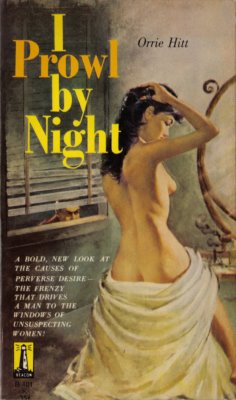UK-based Writer/producer Stephen Gallagher takes you step-by-step through the seven weeks between the initial conception of an ELEVENTH HOUR episode idea and the start of filming. His experience is typical of American episodic television production…and very, very different from the way things are done in the UK…where the same process can take months, if not longer.
Here’s the nub of it. It looks fast and scary. But for the writer, the actual amount of work in turning out an hour-long script for American TV barely differs from that involved in creating script for a UK hour. The difference is that the US system edits out the soul-destroying longueurs between stages, while your script sits on someone’s desk or some executive disappears on holiday. It’s the same act of writing, but you get to do it in real time; and because of that, you don’t run the risk of anyone – you included – falling out of love with what you’re doing.



